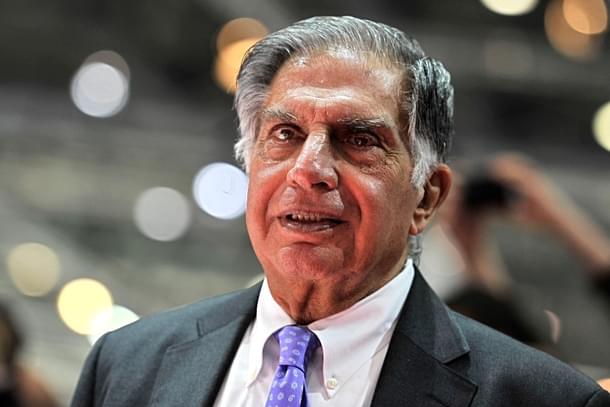Insta
TATA Trust Brings Cancer Care To Small Towns, Will Set Up Three Levels Of Hospitals
Swarajya Staff
Sep 05, 2018, 04:55 PM | Updated 04:55 PM IST
Save & read from anywhere!
Bookmark stories for easy access on any device or the Swarajya app.


Tata Trust to involve in setting up hospitals in tier-II and tier-III towns, in partnership with state governments, over a period of two years reports Business Standard.
The initiative, one of the biggest in the healthcare segment in the world, comes with a unique distributed care model.
According to data released by Indian Council of Medical Research (ICMR), non-communicable diseases (NCD) have shot up from 30.5 per cent (Disability Adjusted life years) in 1990, to 55.4 per cent in 2017, with cancer cases being the second largest in number.
“The numbers are probably grossly under-reported, since diagnosis is low and patients present themselves late for treatment,” says Dr Arnie Purushotham, Medical Director of Tata Trusts Cancer programme.
The keystone of the model is to develop infrastructure and three levels of hospitals to map the country, with complex cases being referred to level-1.
The three levels are:
Level 1 hospital: Will have 300 beds offering complex therapies and research.
Level 2: Will be 120-bedded, near a medical college, offering common diagnostics and complex treatment.
Level 3: Standalone cancer care centres with 40 beds (could be fewer or more depending on local needs), near a district hospital, offering chemotherapy (some will also offer radiology). No emergency beds.
Assam will be the first state to be comprehensively mapped. Seventeen centres will come up in places like Barpeta, Dhubri, Diphu, Jorhat, Karimganj, Kokrajhar, Lakhimpur, Nagaon, Nalbari, Silchar, Tezpur and Tinsukia said the Business Standard in its report.
The Tata Trusts Cancer Care programme could reduce cancer to a manageable disease and serve as a beacon for oncological care. Already, it is being talked about at major oncology conferences around the world.





